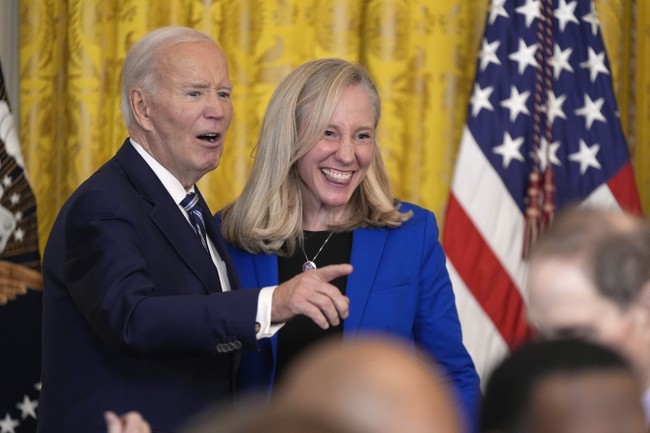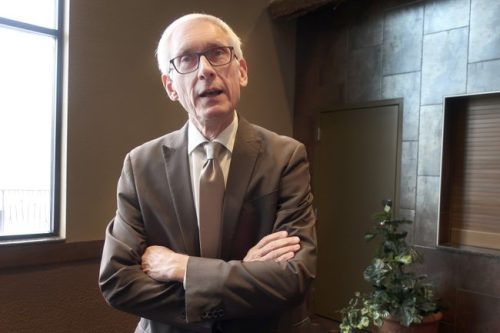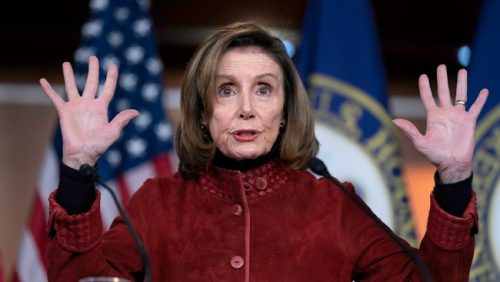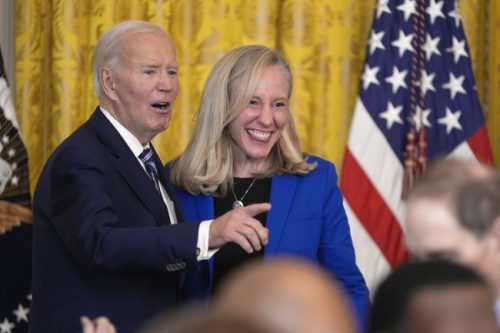California Gov. Gavin Newsom’s press shop publicly wished Joe Biden a happy 83rd birthday, calling him “physical stamina — and a functioning brain,” and the exchange reopened familiar debates about Biden’s fitness, the 2024 contest, and where Newsom positions himself politically.
Newsom’s office put a bright, barbed spin on Biden’s birthday that was clearly meant to land politically. The message contrasted Biden’s age and public stumbles with a pointed comparison to President Trump, and it landed in a media landscape primed to parse every implication for 2028.
Biden, the statement noted, is 83 years old, and critics argue his health and cognitive fitness were central to why he did not pursue another presidential run. That contest handed the top of the ticket to Kamala Harris, who then lost the general election by over 2 million votes, a fact Republicans still cite when discussing competence and electability.
The post was also an unmistakable swipe at President Trump, who is 79 years old, setting up a two-pronged critique aimed at Democrats and Republicans alike. Newsom’s tone read like a confident California jab, but opponents were quick to fire back with footage and reminders of Biden’s on-camera missteps.
Happy birthday, President @JoeBiden! We miss having a president who has physical stamina — and a functioning brain. pic.twitter.com/MT3Ic1KdlH
— Governor Newsom Press Office (@GovPressOffice) November 20, 2025
Biden has been photographed and recorded losing his balance on bicycles and tripping on stairs, moments that critics used to mock the birthday note as tone-deaf. Social media and conservative outlets piled on with compilations and commentary, turning the governor’s cheeky line into renewed fodder for debate over presidential age and stamina.
Beyond the falls and the clips, many Republicans point to a broader pattern: a president who gave few formal press conferences and whose public moments often leaned light and unfocused. When reporters did get face time, the questions sometimes skimmed trivial topics while larger policy and performance issues went underexamined.
On the campaign trail and in public appearances, Biden occasionally drifted from questions, stepped away from microphones, and offered confusing answers about locations and schedules. Those snapshots fed a narrative that he was not up to the constant demands of modern presidential scrutiny, a narrative the GOP has used effectively in messaging about leadership standards.
Newsom, meanwhile, now occupies a delicate perch: the California governor plays to a national audience while stoking a profile that could launch a White House bid of his own. Many political watchers expect him to enter the 2028 field, and his gibes at Biden serve both to curry favor with national Democrats and to test responses from the broader electorate.
Observers on the right will note that these public moments—birthday shots, viral missteps, and selective press availability—are not just personal; they shape voter confidence. The interplay between political theater and perceived competence keeps these exchanges relevant far beyond a single social post.






